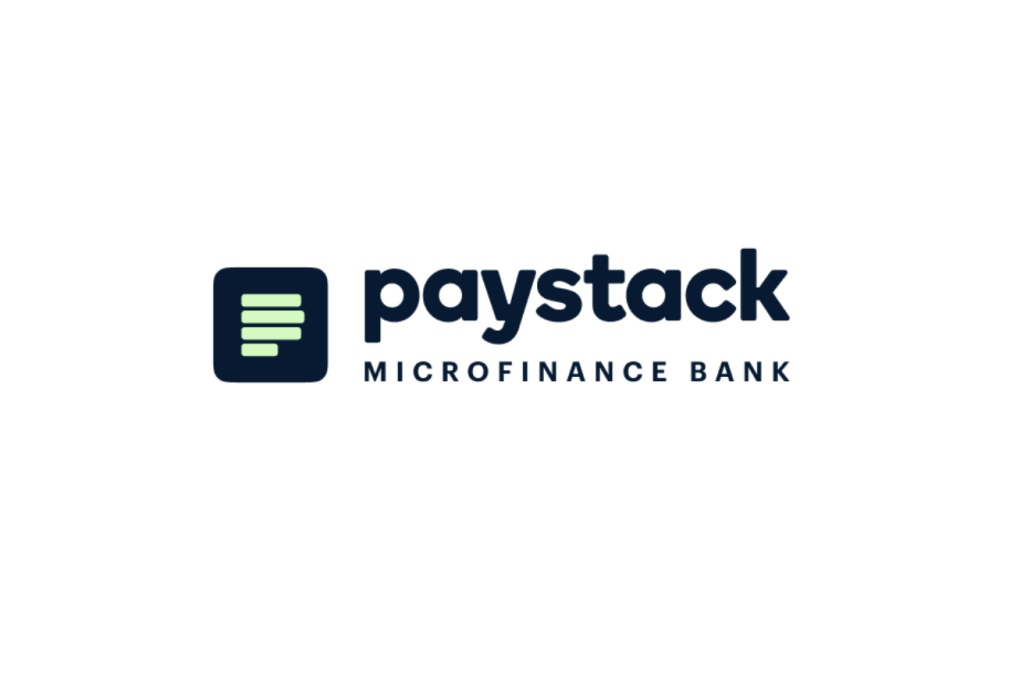Informal economy in Africa is vast, employing millions and touching every aspect of daily life. While it operates largely outside of formal regulations, it has become a key driver of innovation in the tech ecosystem. Let’s explore how the informal economy contributes to tech growth, particularly in fintech, e-commerce, and other sectors that are critical to Africa’s digital transformation.
How Informal Economies Drive Fintech Growth
Fintech is arguably one of the biggest success stories in the African tech ecosystem, and much of its growth can be attributed to the informal economy. Large swaths of the population, especially in rural areas or low-income urban regions, lack access to traditional banking services.
For these people, financial exclusion is a daily reality, and they often turn to alternative methods to manage risks and improve their livelihoods. For those interested in exploring alternative avenues of opportunity and entertainment, you can click here to experience casual online games like Ganesha Gold.
Mobile money services, like M-Pesa, have provided financial lifelines for millions of Africans. These platforms allow users to store money, send payments, and even access credit, all through a mobile phone. For informal businesses—vendors, artisans, and small-scale traders—this has been a game-changer. Mobile money removes the need for brick-and-mortar banking, which is often inaccessible due to high fees or long distances.
Moreover, fintech innovations specifically cater to the needs of informal workers by providing financial products that don’t require traditional forms of collateral or credit history. Many of these platforms use alternative data, like mobile phone usage or business transaction history, to assess creditworthiness.
Informal Labor and E-Commerce Solutions
While fintech provides financial inclusion, e-commerce is providing market access. Informal vendors, who once had to rely solely on physical market spaces, are increasingly moving online. Platforms like Jumia or even social media networks such as Facebook, Instagram, and WhatsApp, have enabled small businesses to reach customers far beyond their local area.
Social commerce, or selling directly through social media, has become a popular option for informal traders. Many are using these platforms to showcase their products, communicate with customers, and process payments. This allows informal businesses to bypass traditional retail infrastructure and reach a much wider audience.
What makes this even more powerful is that many of these sellers don’t need a formal website or significant tech know-how to participate. For example, a street vendor can simply upload a photo of their products, receive orders via WhatsApp, and get paid via mobile money—creating a seamless, tech-powered operation that thrives in informal settings.
Agriculture: Tapping into Tech
Many farmers in rural areas are cut off from major markets and often deal with unpredictable pricing for their crops. Digital platforms are helping to address these challenges by connecting farmers directly with buyers and providing real-time information on market prices.
In addition, agricultural apps are helping farmers improve productivity by offering weather forecasts, planting tips, and pest control advice. This tech-driven approach is helping to modernize farming practices, reduce waste, and improve yields.
Transportation and Logistics: Informal Sector’s Backbone
Transport services in Africa, particularly informal options like motorcycle taxis, are also undergoing a digital transformation. Ride-hailing apps tailored to these services are gaining traction, helping to organize and streamline what were once fragmented and unreliable networks.
These innovations are not only beneficial for consumers but also for the drivers, many of whom operate informally. Using ride-hailing apps offers access to digital payment options, performance data, and potentially even insurance.
Informal to Formal: The Future of Africa’s Economy
As technology continues to penetrate the informal economy, it is helping to bridge the gap between informal and formal sectors. This integration is essential for economic growth.
The transformation is particularly evident in the way small businesses are leveraging digital tools to keep records, track sales, and manage inventory. These informal businesses, which have historically operated without proper documentation, are starting to build credit histories, making them eligible for loans and other formal financial products.
Public-Private Collaboration: A Path Forward
The future of Africa’s tech ecosystem, particularly in relation to the informal economy, will heavily depend on collaboration between governments, private companies, and other stakeholders. Public-private partnerships will be essential to expand digital infrastructure, particularly in rural areas where informal businesses are most prevalent. Governments can also play a crucial role by creating regulatory frameworks that support the digital transformation of informal sectors.










